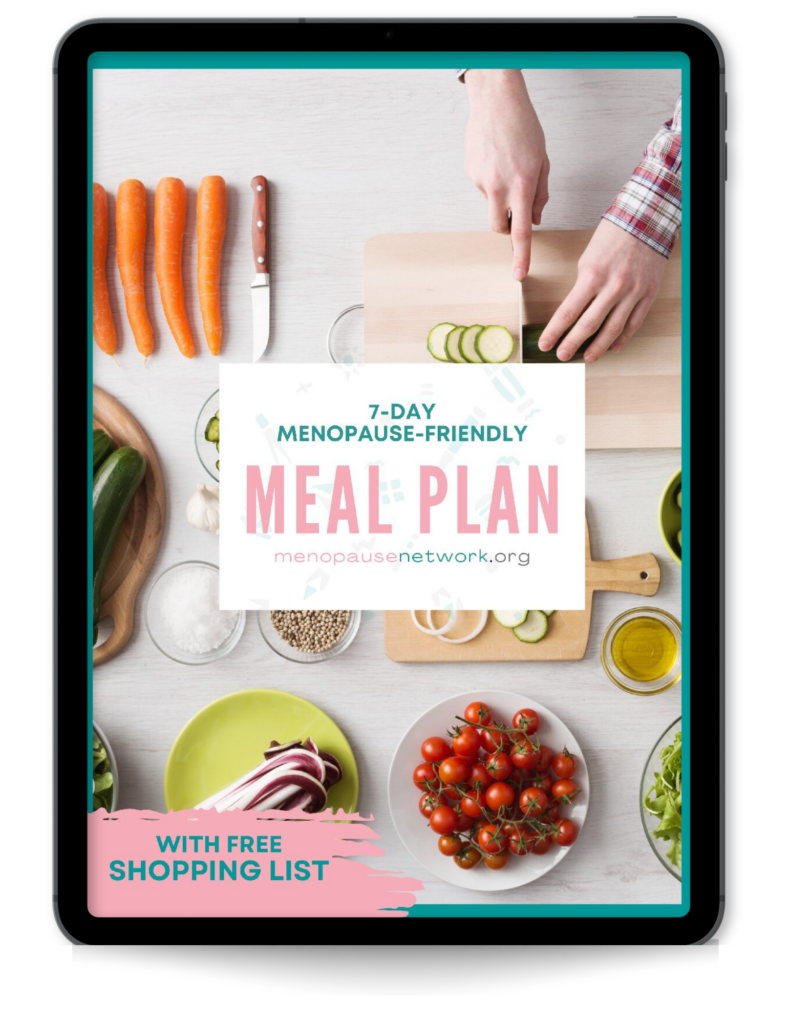Have you heard discussions about memory and menopause? Consider this: approximately 14 million individuals in the US may suffer from Alzheimer’s by 2050, with a significant majority being women. This is projected to cost the US around $2 trillion. Why the emphasis on women? Menopause often correlates with memory issues. Furthermore, women play a critical role in our global economy and frequently care for family members without monetary compensation. Therefore, prioritizing memory health during and after menopause is not merely a personal concern; it has broader implications for families, society, and the economy.
Rethinking Memory Decline: It’s Not Just for Your Golden Years
It’s a common assumption: As we get older, especially when we hit our 70s, we should expect some memory slip-ups. That’s just the way aging works, right? Well, not so fast. While it’s true that age can influence cognitive functions, we might be doing ourselves a disservice by waiting for the later years to start addressing it.
Memory decline, often viewed as an inevitable companion of our golden years, is indeed a part of the aging spectrum. However, it doesn’t just suddenly show up when we celebrate certain milestone birthdays. The groundwork for how our brains will function in later life is laid much earlier.
Take the middle years of our life, for example. These years, spanning from our 40s to 60s, are more crucial to our cognitive future than many of us realize. It’s a period marked by significant hormonal changes, lifestyle adjustments, and varying stressors – all of which can influence brain health.
But here’s the kicker: it isn’t solely about the looming threat of diseases like Alzheimer’s or other forms of dementia. It’s about the subtle, yet profound, shifts in our cognitive functions that can reshape how we interact with the world, make decisions, and even how we perceive emotions and experiences.
By tuning into these changes and understanding them, we can proactively address potential challenges and harness the strengths that come with age. Instead of bracing for decline, we can equip ourselves with knowledge and strategies that amplify our brain’s resilience.
In a nutshell, our approach to brain health and memory shouldn’t be a reactive game, played when we detect the first signs of slip-ups. It should be a proactive journey, starting in midlife, focused on nourishing and optimizing our most vital organ for the adventures ahead.
The Menopausal Brain Shift
Menopause isn’t just hot flashes and mood swings. It’s a phase where women’s bodies undergo reproductive aging. With the gradual depletion of hormones like estradiol (a type of estrogen vital for our brains), women might notice shifts in their memory game. The good news? This isn’t a universal experience. While some women breeze through, others might be wrestling with forgetfulness or “brain fog.”
At the heart of menopause is the shift in reproductive aging. The ovaries start to retire from their hormone production role, leading to a decrease in hormones, notably estradiol. Estradiol is no ordinary hormone; it’s a type of estrogen that holds a VIP pass to our brain functions, particularly memory.
Now, here’s where things get intriguing. As these hormonal levels wane, some women might experience what feels like a memory roller coaster. They may find themselves pausing to recall a familiar name or momentarily misplacing everyday items more often. Terms like “brain fog” aren’t just catchy phrases; they resonate with the lived experiences of many women during this transitional phase.
Yet, it’s crucial to emphasize the spectrum of experiences. Menopause isn’t a one-size-fits-all journey. Some women continue to navigate their daily lives with the cognitive agility of their younger selves, while others might feel like they’re treading through mental molasses.
But what’s behind these cognitive quirks? The past 15 years of research have been nothing short of revelatory. Menopause doesn’t just initiate hormonal shifts; it reshapes the very architecture and dynamics of our brain. This period can influence how our brain cells interact, the efficiency of their communication highways, and even determine how long these cells thrive.
Furthermore, as estrogen levels decrease and with it the brain’s glucose supply, our brain showcases its adaptability. Much like a seasoned traveler finding alternative routes when a road is blocked, the brain begins to tap into different metabolic pathways, seeking other sources of fuel to keep its functions running smoothly.
The Additional Risks
But there’s more to the story. Toss in chronic conditions like diabetes and hypertension, and you’ve got a more intricate game at hand. These health issues complicate the narrative. Our brain and body share a profound, intertwined relationship – how our body produces energy, how our blood vessels function, it all ties back to our cognitive health. For women battling these conditions, understanding this intricate dance between brain-body functions becomes even more vital. It’s like putting together a puzzle where every piece impacts the bigger picture.
To HR or Not to HR: The Hormone Dilemma
Hormone Replacement (HR) has become quite the buzzword. But, as with most health decisions, context is king. Starting HR isn’t like flipping a switch. It’s about timing, and believe it or not, that clock can tick differently for each woman. Dive in too early or too late, and you might be met with unforeseen challenges. Sure, HR might seem like a godsend for some, especially those who’ve faced an early ovary removal. But it’s no panacea. For every success story, there are tales of mismatched expectations. And if you find yourself in the ‘HR isn’t for me’ camp, fear not. The realm of medical research is vast and ever-evolving, with scientists tirelessly exploring avenues beyond HR.
Your Brain Health Playbook
Want to give your brain a fighting chance? Imagine crafting a care package for your brain. What would you put in it? At the core, three elements stand out:
- Physical Activity: Your Brain’s Personal Trainer
When we think of hitting the gym, visions of toned muscles and cardiovascular endurance often dance in our heads. But here’s a twist for you: imagine your brain donning sporty gym shorts and lifting weights. Sounds funny, right? Yet, in essence, that’s what’s happening. Each time you engage in physical activity, from a leisurely stroll in the park to a high-intensity spin class, your brain benefits. Every heartbeat pumps more oxygen-rich blood to the brain, promoting the growth of new neurons and connections. In essence, every drop of sweat isn’t just helping you shed calories, but it’s ensuring your brain stays nimble and robust. It’s like paying dues for a gym, where the currency is effort and the reward is cognitive health.
- Cognitive Challenges: Exercising the Mind’s Muscles
Ever felt the satisfaction of completing a challenging crossword puzzle or finally mastering a difficult chapter in a book? That’s not just a pat on the back for persistence. It’s your brain flexing its muscles after an intense workout session. Engaging in cognitive challenges, whether it’s solving a mathematical problem, diving into a gripping novel, or picking up a new instrument, stimulates different regions of the brain. It’s like circuit training, where each new challenge targets a unique ‘muscle group’ in the brain, strengthening cognitive pathways and enhancing mental agility. So the next time you challenge yourself to a game of chess or decide to learn a new language, remember: you’re not just passing the time; you’re sculpting a fitter, sharper mind.
- Social Interactions: The Brain’s Dance Floor
Picture a dance floor, vibrant with energy, alive with movement, each dancer bringing a unique rhythm and style. That’s the scene inside our brain during social interactions. When we engage in conversations, share a laugh, or partake in hearty debates, our brain lights up in a dynamic dance of neural activity. Different regions synchronize and communicate, processing emotions, recalling memories, and formulating responses. It’s not just about staying socially active; it’s about the richness of human connection. These interactions stimulate our emotional and cognitive processes, ensuring our brain remains engaged and active. In essence, every interaction is a step, a move, a groove on the vast dance floor of our minds, keeping it vibrant and youthful.
Add to that a sprinkle of healthy dietary habits and the magic potion of adequate sleep, and you’re setting yourself up for success. These aren’t just tips; they’re lifelines, especially for those at a higher risk of cognitive decline.
To sum it up, understanding menopause’s impact on brain health isn’t just a “nice-to-know.” It’s a must. And while more research is in the pipeline, there’s no time like the present to be proactive. Ladies, the power to shape our cognitive future is, in many ways, in our hands.









